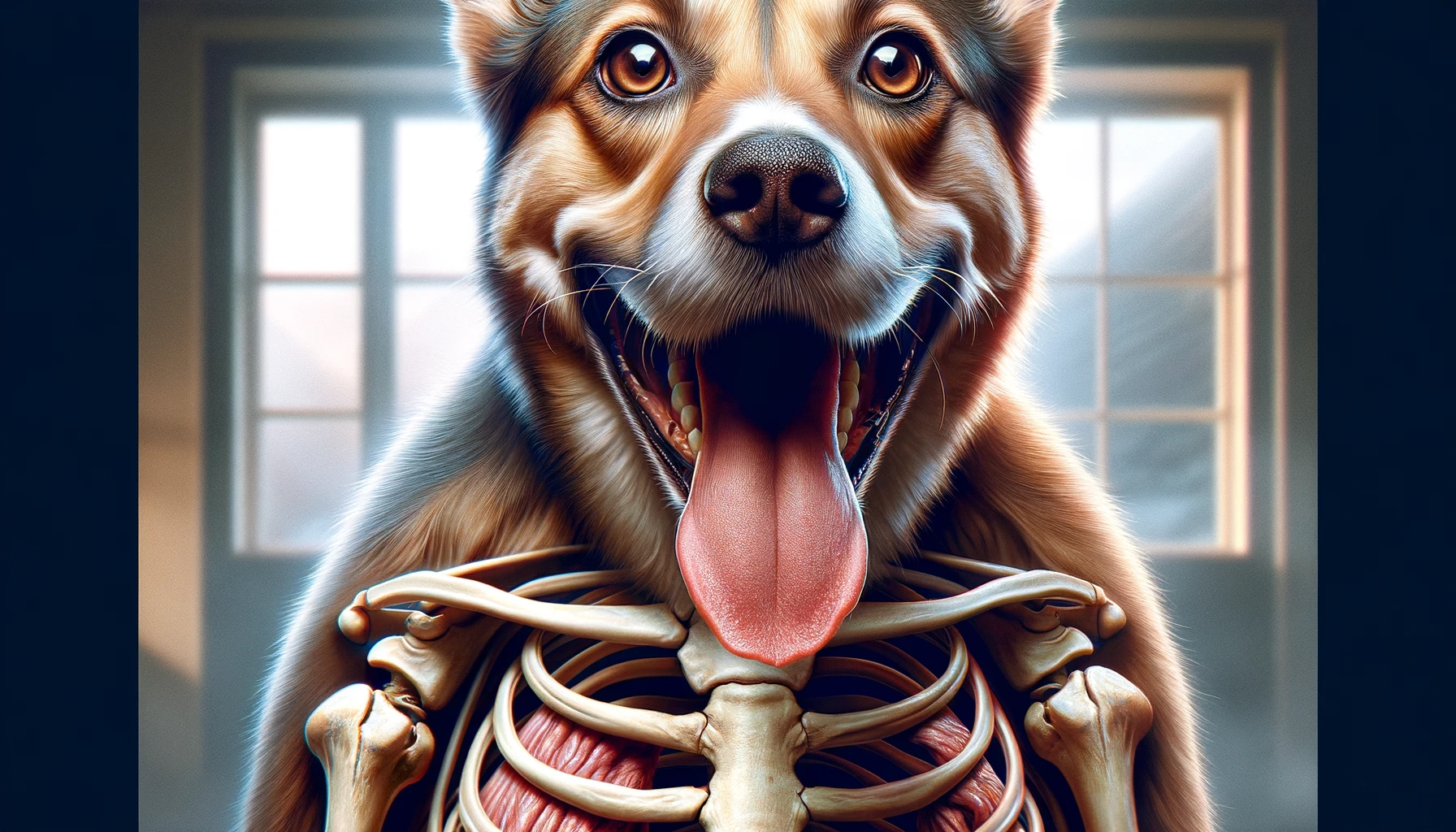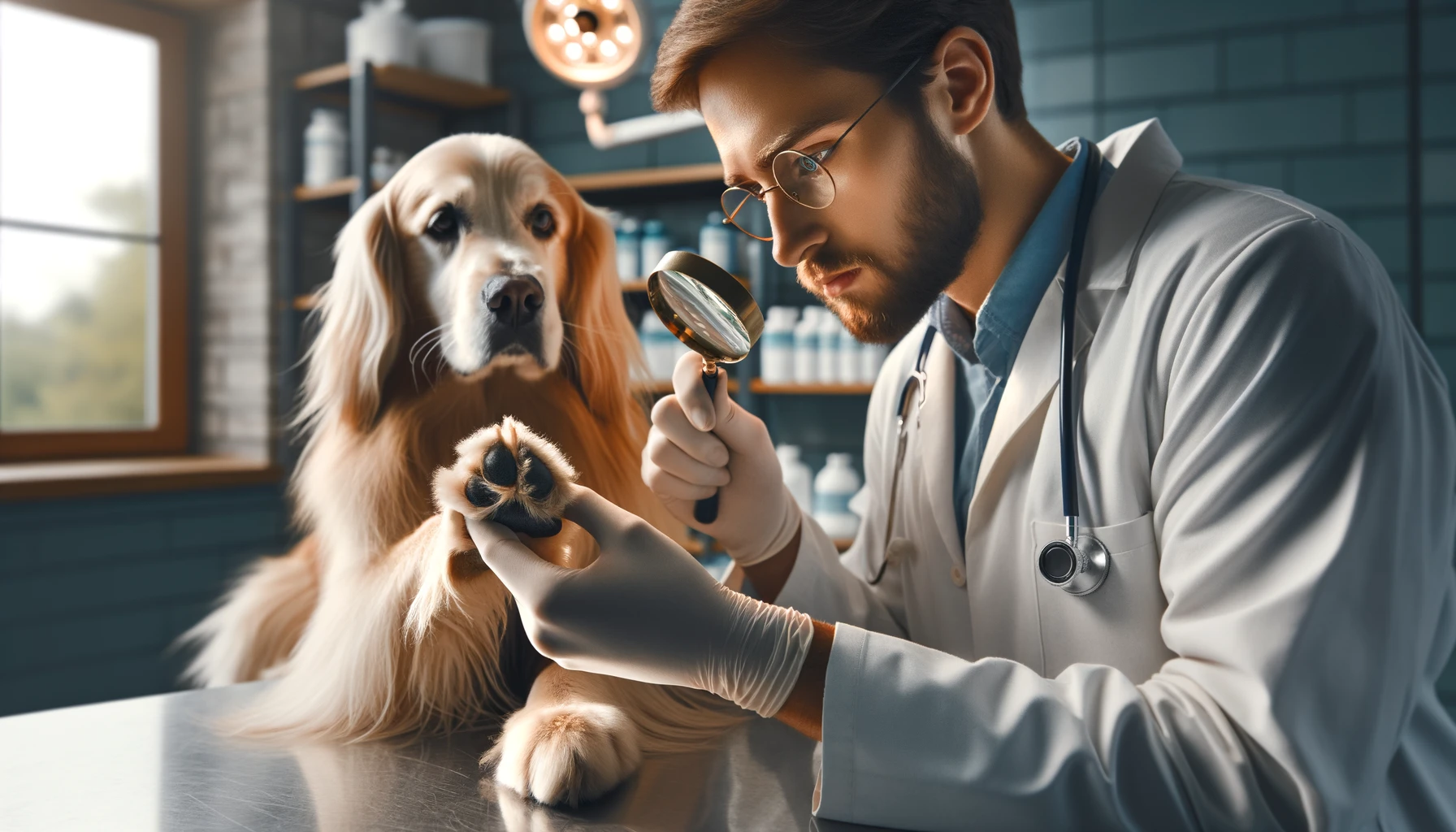Do you know what your furry friend needs to stay healthy? Find out the essential nutritional needs for dogs in this informative article.
Discover the importance of macronutrients, vitamins, minerals, water, and fatty acids for their overall well-being.
Learn how protein, carbohydrates, and antioxidants play a vital role in supporting their muscle development, energy levels, and digestive health.
Stay informed and keep your dog happy and healthy with the right nutrition.
Key Takeaways
- Dogs require a balanced intake of macronutrients, including proteins, carbohydrates, and fats, for overall health.
- Vitamins and minerals are crucial for a dog's optimal health, including skin, coat, immune system, growth, and development.
- Water is essential in a dog's diet to regulate body temperature, aid digestion, and promote organ function.
- Essential fatty acids, such as omega-3 and omega-6, are important for maintaining a healthy coat and skin, as well as supporting immune health and brain function.
Macronutrients for Dogs
To meet their essential nutritional needs, dogs require a balanced intake of macronutrients. Macronutrients are the three main categories of nutrients that provide energy and contribute to the overall health and well-being of your furry friend. These macronutrients include proteins, carbohydrates, and fats. Each macronutrient plays a vital role in your dog's diet and has its own unique benefits.
Proteins are essential for dogs as they're the building blocks of their body. They help in the growth and repair of tissues, support a healthy immune system, and provide energy when needed. Dogs require a higher proportion of protein in their diet compared to other animals, as they're primarily carnivores.
Carbohydrates, on the other hand, are the main source of energy for dogs. They're converted into glucose, which fuels various bodily functions and provides energy for daily activities. It's important to choose high-quality carbohydrates, such as whole grains and vegetables, to ensure a steady release of energy throughout the day.
Fats are another crucial macronutrient for dogs. They provide a concentrated source of energy, support nutrient absorption, and aid in the production of hormones. Additionally, fats add flavor and improve the texture of food, making it more palatable for your furry friend.
Maintaining the right macronutrient ratios in your dog's diet is essential for their overall health and well-being. It's recommended to consult with a veterinarian or a professional nutritionist to determine the ideal macronutrient ratio based on your dog's age, breed, size, and activity level. By providing a balanced intake of macronutrients, you can ensure that your dog receives the necessary nutrients for a healthy and active life.
Vitamins and Minerals for Optimal Health
Meeting the essential nutritional needs for your dog involves ensuring they receive an adequate intake of vitamins and minerals.
Vitamins and minerals play a crucial role in maintaining overall health and well-being in dogs. Vitamin deficiencies can lead to a range of health issues, including poor skin and coat condition, weakened immune system, and impaired growth and development. To prevent these deficiencies, it's important to provide your dog with a balanced and nutritious diet that includes a variety of vitamin-rich foods. Some of the essential vitamins for dogs include vitamin A, vitamin D, vitamin E, and the B-complex vitamins.
Minerals are also important for optimal health in dogs. They're involved in various bodily functions, such as bone formation, muscle contraction, and nerve transmission. While most minerals can be obtained through a well-balanced diet, some dogs may require mineral supplements. Common mineral supplements for dogs include calcium, phosphorus, iron, and zinc. However, it's crucial to consult with a veterinarian before introducing any supplements to your dog's diet, as excessive amounts of certain minerals can be harmful.
To ensure your dog receives the necessary vitamins and minerals, feeding them a high-quality commercial dog food that meets their specific nutritional needs is generally sufficient. However, it's always a good idea to consult with a veterinarian to determine the best diet and supplementation plan for your individual dog.
Importance of Water in a Dog's Diet
Water is vital for your dog's overall health and should be an essential part of their daily diet. Adequate hydration is crucial for maintaining proper bodily functions, and it plays a significant role in your dog's overall well-being. Here are three reasons why water is so important for your furry friend:
- Importance of hydration: Just like humans, dogs need to stay hydrated to function properly. Water helps regulate body temperature, aids digestion, and promotes healthy organ function. It also helps transport nutrients throughout the body and flushes out waste products.
- Water intake recommendations: The amount of water your dog needs depends on various factors, including their size, activity level, and the climate they live in. As a general guideline, dogs should consume approximately one ounce of water per pound of body weight each day. However, this can vary, so it's important to monitor your dog's water intake and provide fresh water throughout the day.
- Preventing dehydration: Dehydration can have serious consequences for your dog's health. It can lead to lethargy, loss of appetite, dry gums, and even organ failure in severe cases. By ensuring your dog has access to clean, fresh water at all times, you can help prevent dehydration and maintain their overall health and well-being.
Essential Fatty Acids for a Healthy Coat and Skin
One important nutrient for your dog's healthy coat and skin is an essential fatty acid. Fatty acids play a crucial role in maintaining the integrity of your dog's skin and promoting a lustrous, shiny coat. These fatty acids can't be produced by your dog's body and must be obtained through their diet. There are two main types of essential fatty acids for dogs: omega-3 and omega-6 fatty acids.
Fatty acid sources can include fish oil, flaxseed oil, and certain plant oils. Fish oil is a popular source of omega-3 fatty acids, while flaxseed oil provides a good source of both omega-3 and omega-6 fatty acids. Plant oils, such as safflower oil and sunflower oil, are rich in omega-6 fatty acids.
The benefits of fatty acids extend beyond just a healthy coat and skin. They also support overall immune health, reduce inflammation, and promote brain function. Additionally, fatty acids can help alleviate dry, itchy skin and reduce the frequency of allergies in some dogs.
To ensure your dog receives an adequate amount of essential fatty acids, consider adding a supplement or incorporating fatty acid-rich foods into their diet. However, it's important to consult with your veterinarian before making any changes to your dog's diet.
Protein Requirements for Muscle Development
To ensure proper muscle development in your dog, it's essential to provide them with adequate amounts of muscle-building protein. Meeting their dietary protein needs is crucial for growth and overall health.
Muscle-Building Protein Amounts
To ensure optimal muscle development in dogs, it's important that you provide them with adequate amounts of muscle-building proteins. Meeting their protein needs is crucial for supporting muscle growth and repair.
Here are three key points to consider when it comes to muscle-building protein amounts for your furry friend:
- Protein requirements vary based on your dog's size, activity level, and overall health. Larger and more active dogs generally require higher protein intake to support their muscle development.
- Quality matters. Look for protein sources that contain essential amino acids, such as chicken, beef, fish, and eggs. These amino acids are the building blocks of muscle tissue and play a vital role in muscle development.
- Consult with your veterinarian to determine the appropriate protein amount for your dog. They can assess your dog's individual needs and recommend a balanced diet that meets their muscle-building requirements.
Essential for Growth
Meeting your dog's protein requirements is essential for their muscle development and growth. During the growth stage, dogs have specific protein requirements to support their rapid muscle growth. Without meeting these growth requirements, dogs may experience nutrient deficiencies, which can lead to stunted growth and developmental issues.
Protein is composed of amino acids, which are the building blocks for muscle tissue. It's crucial to provide your dog with high-quality protein sources, such as lean meats, fish, and eggs, to ensure optimal muscle development.
Additionally, some dogs may have higher protein requirements based on their breed, size, and activity level. Consulting with a veterinarian can help determine the right amount of protein to support your dog's growth and overall health.
Meeting Dietary Protein Needs
During the growth stage, your dog requires specific amounts of dietary protein to support their muscle development and ensure optimal growth. Meeting your dog's protein requirements is crucial for their overall health and wellbeing.
Here are three key points to consider when it comes to meeting their dietary protein needs for muscle development:
- Adequate protein intake: Your dog needs a balanced diet that includes high-quality protein sources such as lean meats, fish, and eggs. These protein sources provide essential amino acids that are necessary for muscle growth and repair.
- Protein quantity: The amount of protein your dog needs depends on their age, size, and activity level. Consult with your veterinarian to determine the appropriate protein intake for your dog.
- Protein digestibility: It's important to choose protein sources that are easily digestible for your dog. This ensures that they can efficiently absorb and utilize the protein for muscle development.
Carbohydrates for Energy and Digestive Health
One important nutritional need for your dog is a sufficient intake of carbohydrates to provide energy and support digestive health. Carbohydrates are an essential source of energy for your dog's body. They're broken down into glucose, which is used by cells to produce energy. Carbohydrates also play a crucial role in maintaining gut health.
Carbohydrates are particularly important for weight management in dogs. They provide a feeling of fullness, which can help prevent overeating and obesity. High-fiber carbohydrates, such as whole grains and vegetables, are especially beneficial for weight management in dogs. They provide bulk to the diet, making your dog feel satisfied without consuming excessive calories.
Additionally, carbohydrates promote digestive health in dogs. They help maintain a healthy gut by nourishing beneficial gut bacteria. These bacteria play a vital role in digestion and nutrient absorption. A well-functioning digestive system is crucial for your dog's overall health and well-being.
When choosing carbohydrates for your dog, opt for high-quality sources such as whole grains, legumes, and vegetables. Avoid carbohydrates that are highly processed or contain added sugars. Consult with your veterinarian to determine the appropriate amount of carbohydrates for your dog based on their specific needs and activity level.
Understanding the Role of Antioxidants in a Dog's Diet
To ensure your dog's optimal health, it's important to understand the role of antioxidants in their diet. Antioxidants play a crucial role in supporting the immune system and protecting your dog's cells from damage caused by harmful molecules called free radicals.
Here are three key benefits of antioxidants for dogs:
- Boosting the immune system: Antioxidants help strengthen your dog's immune system by neutralizing free radicals. This is particularly important for dogs with weakened immune systems or those who are aging, as antioxidants can help protect against infections and diseases.
- Preventing oxidative stress: Oxidative stress occurs when there's an imbalance between free radicals and antioxidants in the body. This can lead to cell damage and contribute to the development of chronic diseases in dogs. By including antioxidants in your dog's diet, you can help reduce oxidative stress and promote overall health.
- Supporting healthy aging: As dogs age, their bodies naturally produce fewer antioxidants. By providing a diet rich in antioxidants, you can help support your dog's aging process and reduce the risk of age-related diseases such as arthritis and cognitive decline.
Frequently Asked Questions
Can Dogs Eat a Vegetarian or Vegan Diet?
Dogs can eat a vegetarian or vegan diet, but it's important to ensure they receive all essential nutrients. Consult with a veterinarian to create a balanced meal plan that meets their nutritional needs.
How Much Water Should a Dog Drink Each Day?
To ensure your dog stays hydrated, it's important to know their water requirements. On average, a dog should drink about 1 ounce of water per pound of body weight daily. Encourage them to drink more by providing fresh water and using a pet fountain.
Are There Any Specific Vitamins or Minerals That Dogs Need More of as They Age?
As dogs age, their specific vitamin and mineral requirements may change. It's important to make dietary adjustments for senior dogs to ensure they receive adequate nutrition to support their health and wellbeing.
Can Dogs Get All the Essential Fatty Acids They Need From Their Regular Diet?
Yes, dogs can get all the essential fatty acids they need from their regular diet. Some good sources of essential fatty acids for dogs are fish oil, flaxseed oil, and chicken fat.
Are There Any Potential Risks or Side Effects of Feeding a High-Protein Diet to Dogs?
Feeding your dog a high-protein diet may have potential risks and long-term effects. It is important to consult with a veterinarian to ensure that your dog's nutritional needs are being met.
Conclusion
In conclusion, meeting the essential nutritional needs of dogs is crucial for their overall health and well-being. Dogs require a balance of macronutrients, vitamins, minerals, water, fatty acids, protein, carbohydrates, and antioxidants to thrive.
Providing a well-rounded diet that fulfills these requirements promotes muscle development, healthy skin and coat, energy, and a strong immune system. Remember to consult with a veterinarian to ensure your dog's specific dietary needs are met for optimal health.






